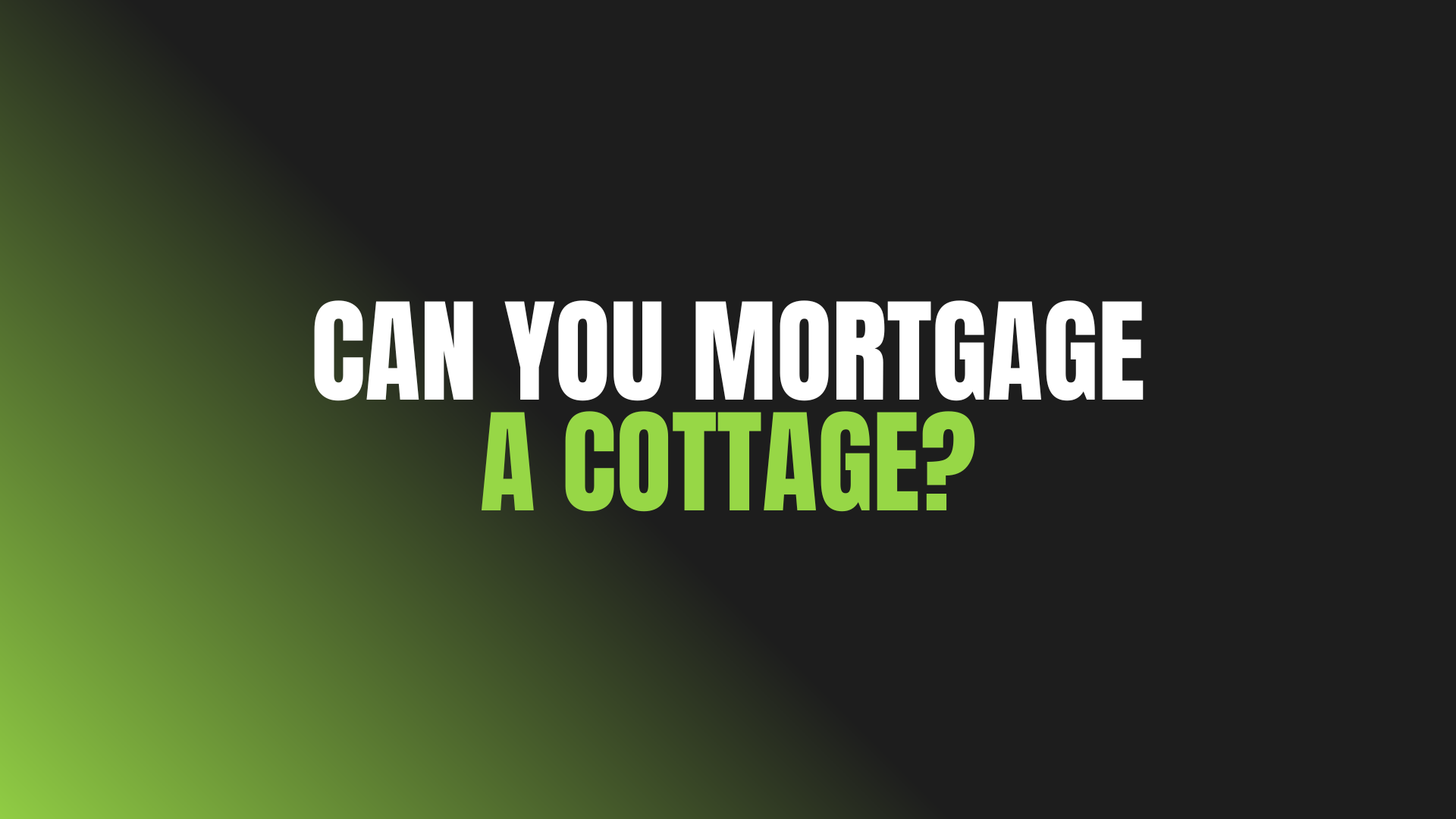

Question: Can You Mortgage a Cottage?
Answer: Yes, you can typically mortgage a cottage, but the process might differ slightly from a standard home mortgage. Lenders consider factors like location, usage (primary or secondary residence), and property type.
Financing Your Vacation Home
Cottage ownership represents a significant investment, a dream for many seeking a tranquil escape. An important question arises: “Can you mortgage a cottage?” The answer is yes, but securing a mortgage for a recreational property differs from a traditional residential mortgage. This post clarifies the process, exploring key factors like down payment requirements, interest rates, and insurance. We’ll cover essential aspects you should consider when financing your dream cottage, ensuring you have the information needed to navigate the process confidently.
Down Payment Requirements for Cottages
Expect higher down payments for cottages than for primary residences. Lenders view recreational properties as riskier investments. The minimum down payment typically starts at 20%, but some lenders might require more, especially for unique or remote properties.
Your credit score and financial stability influence the required down payment. A higher credit score and stable income can help secure a lower down payment. Saving a larger down payment can reduce your monthly mortgage payments and potentially qualify you for better interest rates.
Click here for more information on the best real estate agents in Orangeville
Related Article: Why Are People Selling Their Cottages in Ontario?
Related Article: Why Is Cottage Insurance so Expensive?
Insurance Requirements for Cottage Mortgages
Mortgage lenders require insurance for cottages. This protects their investment if you default on the loan. Insurance premiums for cottages can be higher than those for primary residences due to factors like location and property type.
Cottage insurance typically covers the building, its contents, and liability protection. Certain features, such as waterfront locations or wood stoves, may influence insurance premiums. Ensure adequate coverage to protect your investment.
Property Taxes and Other Expenses
Factor in property taxes and other expenses when budgeting for a cottage. Property taxes vary depending on the municipality and the property’s assessed value. Additional costs include utilities, maintenance, and seasonal expenses like snow removal or dock repairs.
Research these costs beforehand to create a realistic budget. Account for potential fluctuations in property taxes and utility rates. These costs can add up, so accurate budgeting is crucial.
Pre-Approval and Lender Options
Get pre-approved for a mortgage before starting your cottage search. Pre-approval provides a clear picture of your borrowing power and can strengthen your offer when you find the right property.
Explore different lender options, including banks, credit unions, and mortgage brokers. Compare interest rates, terms, and fees to find the best mortgage product for your needs.
Each lender has unique requirements. Some specialize in recreational properties. A mortgage broker can help navigate the options and find the best lender for your specific situation.
Rental Potential and Considerations
Consider the rental potential of your cottage. Renting your cottage can help offset some of the ownership costs. However, be aware of the tax implications and regulations associated with renting out a property.
Factor potential rental income into your budget, but don’t rely on it entirely. Rental income can fluctuate based on demand and seasonality. Understand the local rental market before making any decisions.
Purchasing a cottage presents a unique opportunity to embrace a relaxed lifestyle. Financing a cottage through a mortgage is possible, but it involves careful consideration of down payments, interest rates, and insurance. By understanding these aspects and planning accordingly, you can confidently make informed decisions and enjoy your getaway haven.


